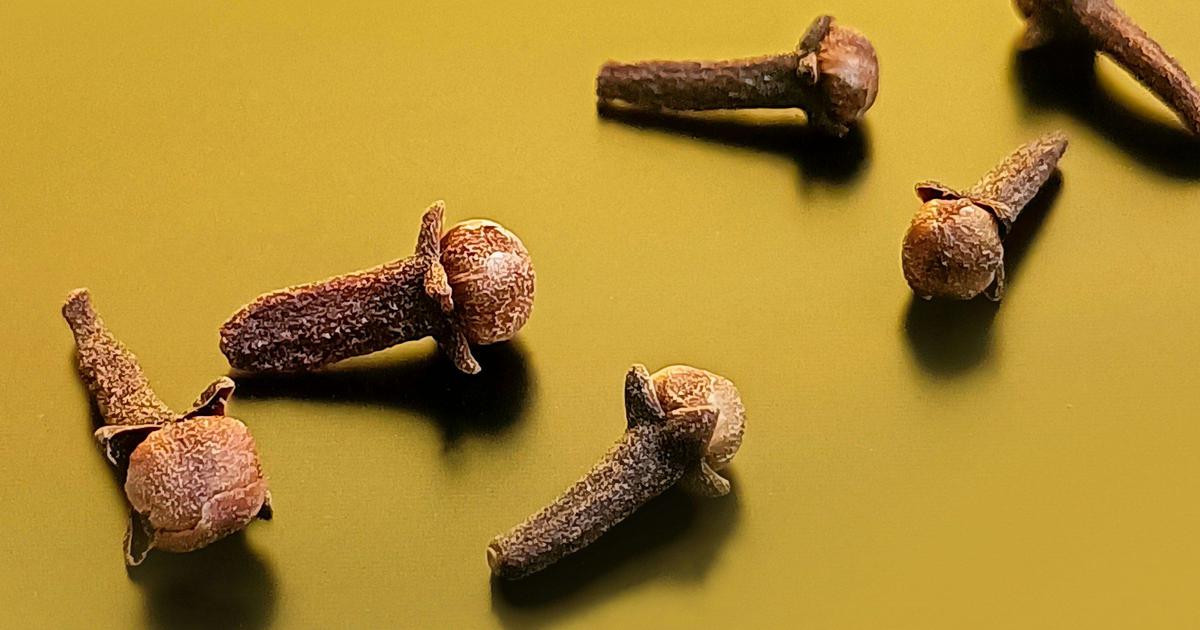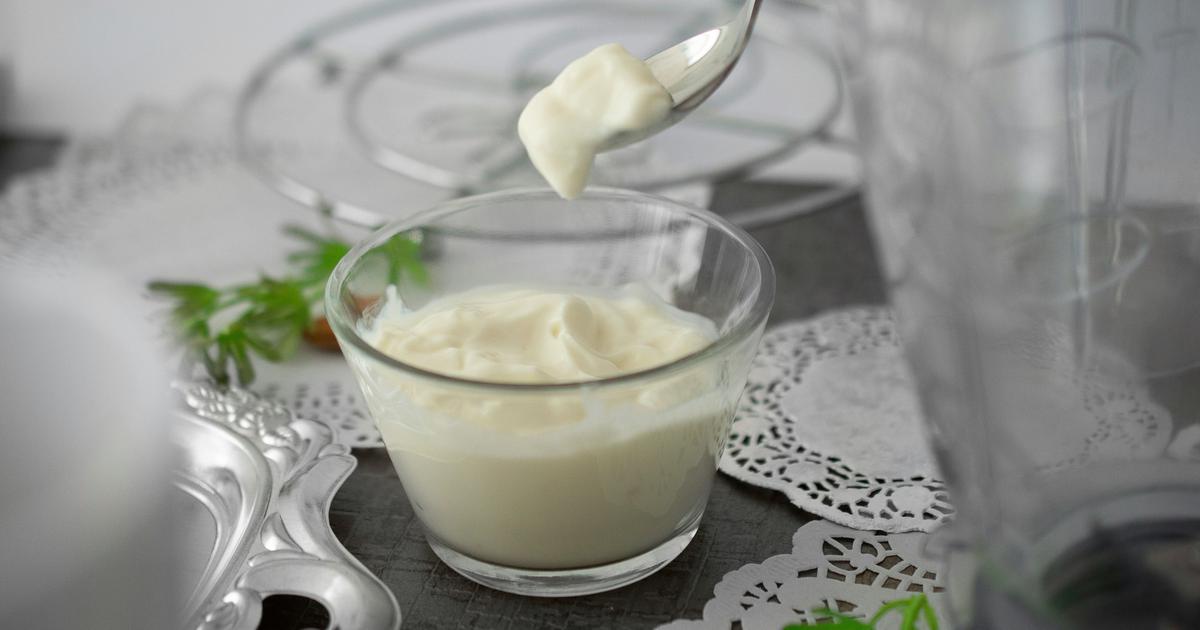Cloves have promising anti-inflammatory properties, show preliminary studies

Join our WhatsApp Community to receive travel deals, free stays, and special offers!
- Join Now -
Join our WhatsApp Community to receive travel deals, free stays, and special offers!
- Join Now -

Cloves have long been a staple in kitchens and traditional medicine cabinets. Known for their warm, spicy flavour, they’re typically found whole or ground, and as clove oil or extract. But beyond their culinary charm, cloves are gaining scientific attention from researchers and clinicians for their potent analgesic (painkiller) properties. But could this humble spice rival ibuprofen or other commonly used painkillers?
Cloves, the aromatic flower buds of the Syzygium aromaticum tree, are native to Indonesia and widely used in global cuisines, especially in spice blends and festive dishes. Medicinally, they’re most commonly used in the form of clove oil. It contains eugenol, a compound with well-documented anaesthetic and anti-inflammatory effects.
Eugenol, the main active compound in cloves, is a naturally occurring plant chemical that works in multiple ways. It blocks certain chemicals and nerve responses that cause pain, including histamine – a chemical involved in immune responses, inflammation and allergic reactions – and noradrenaline, a neurotransmitter and hormone that can heighten pain sensitivity during stress.
Eugenol also inhibits the production of prostaglandins – substances that trigger inflammation and contribute to pain and swelling. This is the same biological pathway targeted by anti-inflammatory painkillers like ibuprofen. Because of these anti-inflammatory effects, eugenol could, in theory, be useful for conditions such as arthritis, although human evidence...
Read more
What's Your Reaction?
 Like
0
Like
0
 Dislike
0
Dislike
0
 Love
0
Love
0
 Funny
0
Funny
0
 Angry
0
Angry
0
 Sad
0
Sad
0
 Wow
0
Wow
0























































